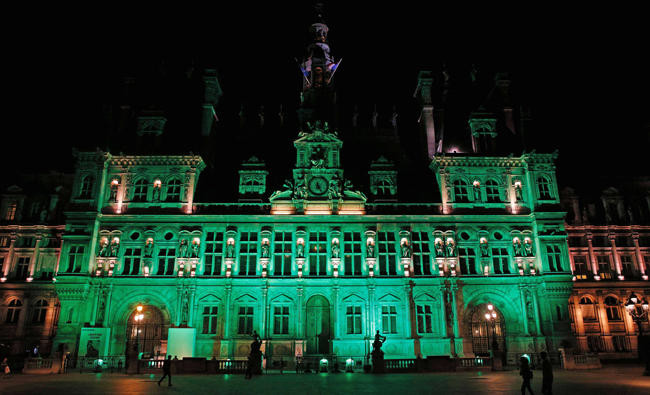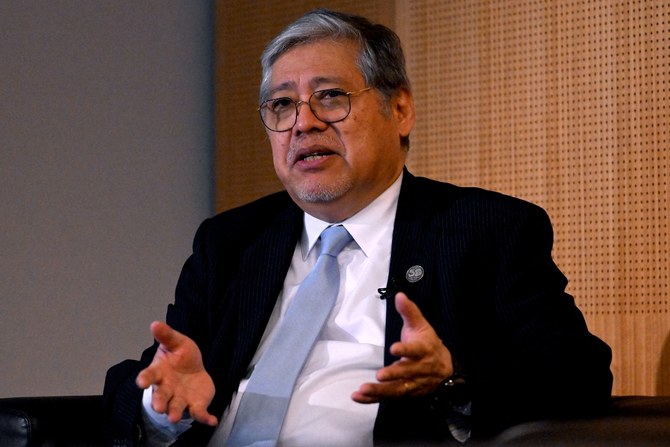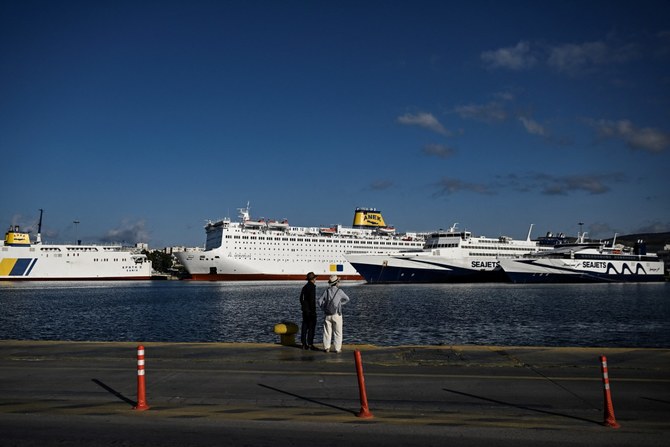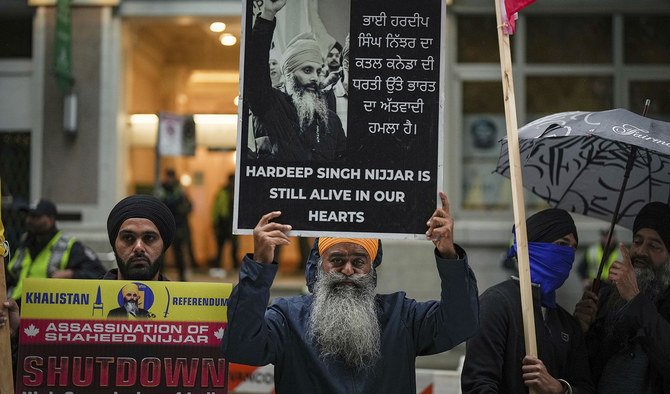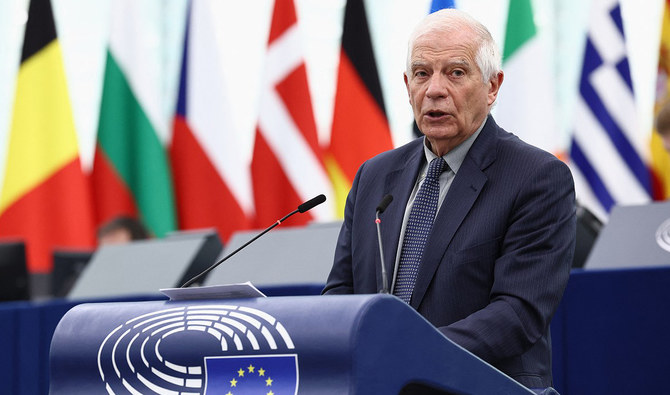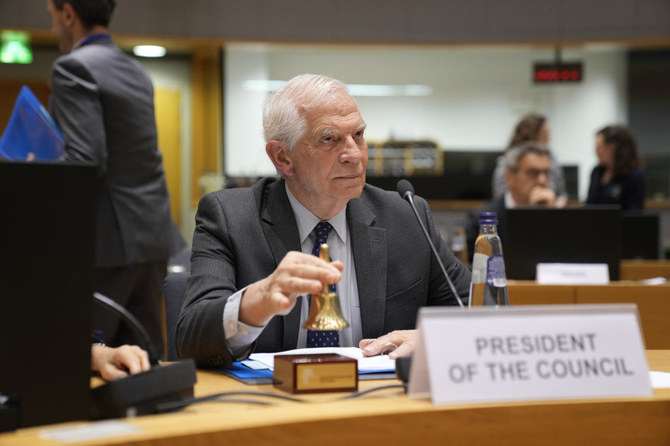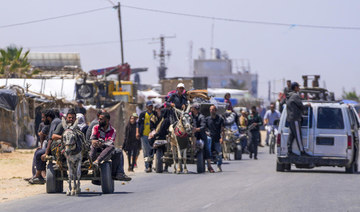PARIS: European leaders and green groups reacted with anger and dismay after President Donald Trump announced Thursday that the United States, the world’s second biggest carbon emitter, was quitting the 2015 Paris Agreement.
But they also pledged to defend the agreement and not to backtrack in the fight against climate change.
In an exceptional step, continental Europe’s three biggest economies — Germany, France and Italy — issued a joint statement in which they criticized Trump’s decision and said the pact was “not renegotiable.”
“We note the United States’ decision with regret,” they said, describing the accord as “a vital tool for our planet, our societies and our economies.”
“We are firmly convinced that the agreement cannot be renegotiated,” they added, referring to part of the Trump announcement which said Washington was open to negotiating a new agreement.
Jean-Claude Juncker, head of the European Union’s executive Commission, lashed Trump’s decision as “seriously wrong.”
The body’s commissioner for climate action and energy Miguel Arias Canete also pledged continued “global leadership” on climate change.
“The EU deeply regrets the unilateral decision by the Trump administration,” he said in a statement.
“The Paris Agreement will endure. The world can continue to count on Europe for global leadership in the fight against climate change.
“Europe will lead through ambitious climate policies and through continued support to the poor and vulnerable,” he added.
In Berlin, Chancellor Angela Merkel expressed “regret” at the decision, and called for a continuation of “climate policies which preserve our world.”
Seven Social Democratic ministers in her coalition government said the United States “is harming itself, we Europeans and all the people of the world.”
In France, the Elysee presidential palace said newly-elected leader Emmanuel Macron had phoned Trump to say that “nothing was negotiable” in the Paris agreement.
France and the United States “would continue to work together,” but not on climate change, the presidential office said.
Paris city hall meanwhile said it would illuminate its building in green on Thursday “in a sign of disapproval” of Trump’s announcement and to recall the determination of cities around the world to fight climate change.
In Rome, Italian Prime Minister Paolo Gentiloni urged against any retreat from fighting climate.
“Let’s not go backwards from the Paris Agreement,” he said on Twitter. “Italy is committed to reducing (carbon) emissions, to renewable energy, sustainable development.”
'Total discord'
Among environment groups, Climate Action Network said the withdrawal “signals that the Trump Administration is in total discord with both reality and the rest of the world.”
“Unfortunately, the first to suffer from this injudicious decision is the American people,” the group, an alliance of climate activists, said.
“This action is totally contrary to their best interests: their health, security, food supply, jobs and future.”
Friends of the Earth International said “pulling out of the Paris Agreement would make the US a rogue state on climate change. The rest of the world cannot let the US drag it down.”
Oxfam France branded the decision as “shameful and irresponsible, scorning people and world peace.”
Among the scientific community, Britain’s prestigious Royal Society said Trump’s decision would hamper US innovation in cleaner technology.
“The future is in newer, cleaner and renewable technologies, not in fossil fuels,” said the society’s president Venki Ramakrishnan.
“Such technologies will also help in our fight against air pollution and ensure greater energy security globally. President Trump is not putting America first, he is tethering it to the past.”


